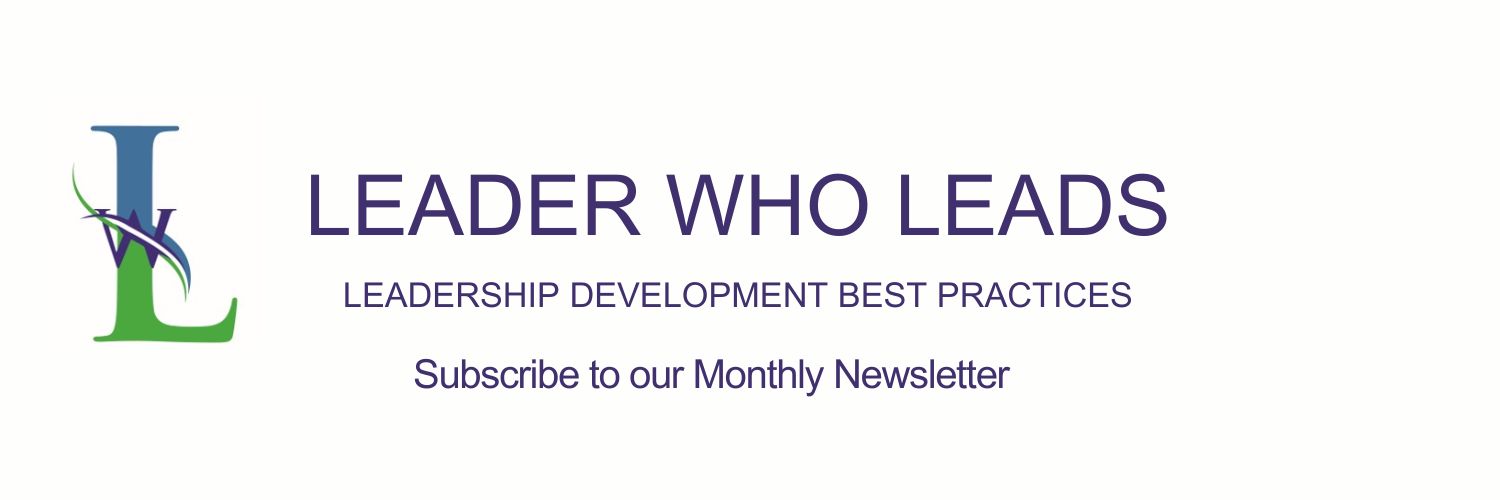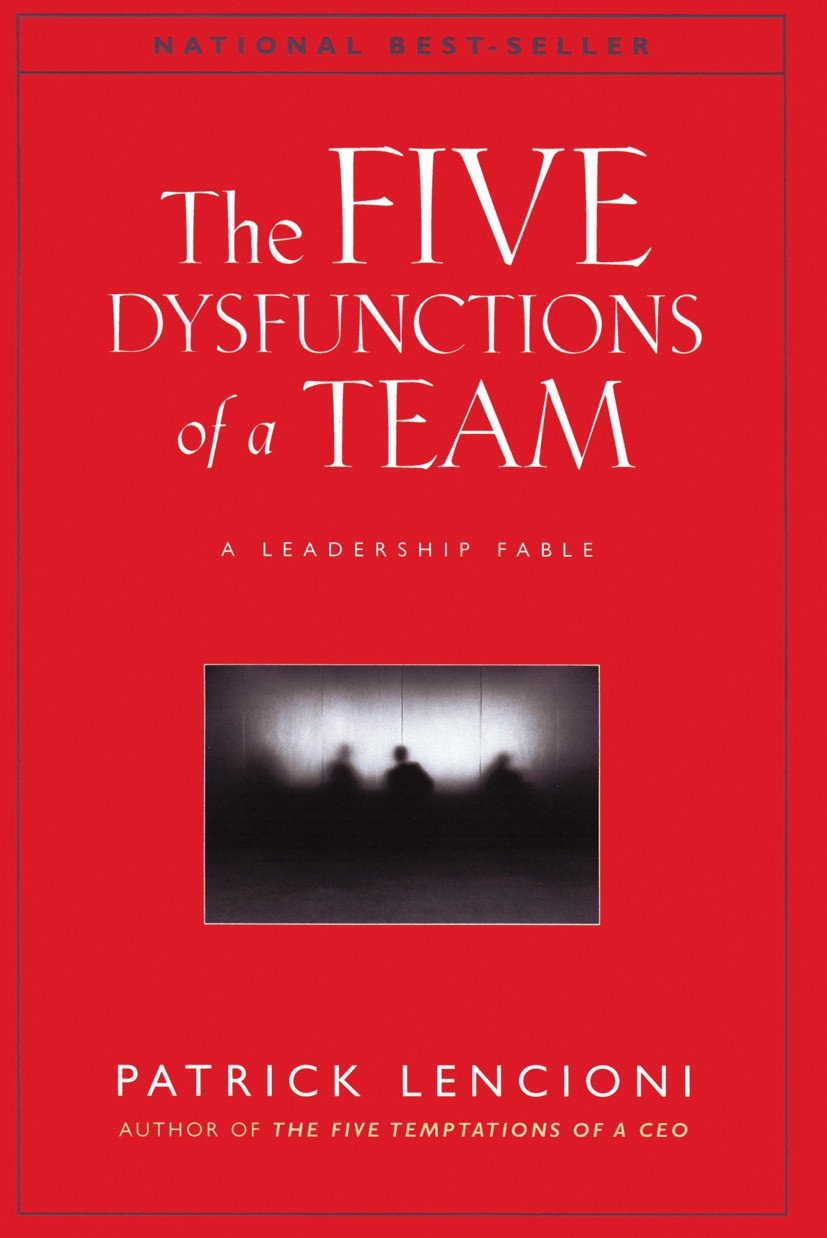Participative Leadership
Participative Leadership, also known as participative management, is when the leader shares decision-making authority with his/her direct reports.
Although the leader is "in charge" and takes full responsibility for outcomes, direct reports have a "voice" and place at the table to give input.
This allows team members to take an active role in developing how outcomes can be achieved.
It is a democratic form of leading, which occurs within the context of an organizations Vision, Mission and Strategic Goals & Objectives.
Participative Leadership
If you have ever worked for a participative leader, you know it. This leader models the inspirational leadership style and has a postive impact on:
|
Impact on Team Members
Since this style focuses on including the ideas and talents of all team members, individuals feel as though they belong. They are more empowered because they have a say in what happens within the team and the context of the work to be done.
This tends to engender more engagement and buy-in from individual team members, and directly translates to increased commitment.
The result: team members give their best.

Impact on Team Dynamics
This type of leadership lends itself towards generating a feeling and thinking of "we" instead of "me."
Operating principles that govern the behavior and practices of the team are established and agreed upon. These principles apply to the leader as well as to each of his/her direct reports. This avoids a double standard.
Competing agendas can be brought out into the open and discussed "above board." With no hidden agendas, a level of trust is established and fosters team work.
Conflicts will arise, since that is a natural part of team dynamics, but they tend to be resolved rather than ignored or left to fester.

Impact on Outcomes
When done well, the team will accomplish much more and over a longer period of time, when led by a participative leader. The increased levels of engagement and commitment are directed towards productive ends. And, team members generally tend to enjoy working together.
Not only will the team be more productive, there will be more trust and respect for fellow team members. These two, alone, directly affect the work environment.
When the team is productive, there is a sense of pride in what is accomplished.
Want to Know More?
To know more about Participative Leadership and how it compares with other styles, take a look at Leadership Styles and Participative Management In Action.
Improve Your Relationship with Your Boss
Are you looking to improve your relationship with your boss? If so, the Boss Relationship Worksheet will help you better understand and communicate more effectively with your immediate supervisor.
To download your copy, submit your information on the form below.
After completing the Boss Relationship Worksheet, you will find that the following will prove helpful in showing you how to cultivate a better working relationship with your boss:
 |
I published my first book and I am beyond excited.
Get your FREE copy of Called to Lead!
ORDER PRINT HERE

Leaders don't
create
followers.
Leaders
create
other
leaders.
- Tom Peters









